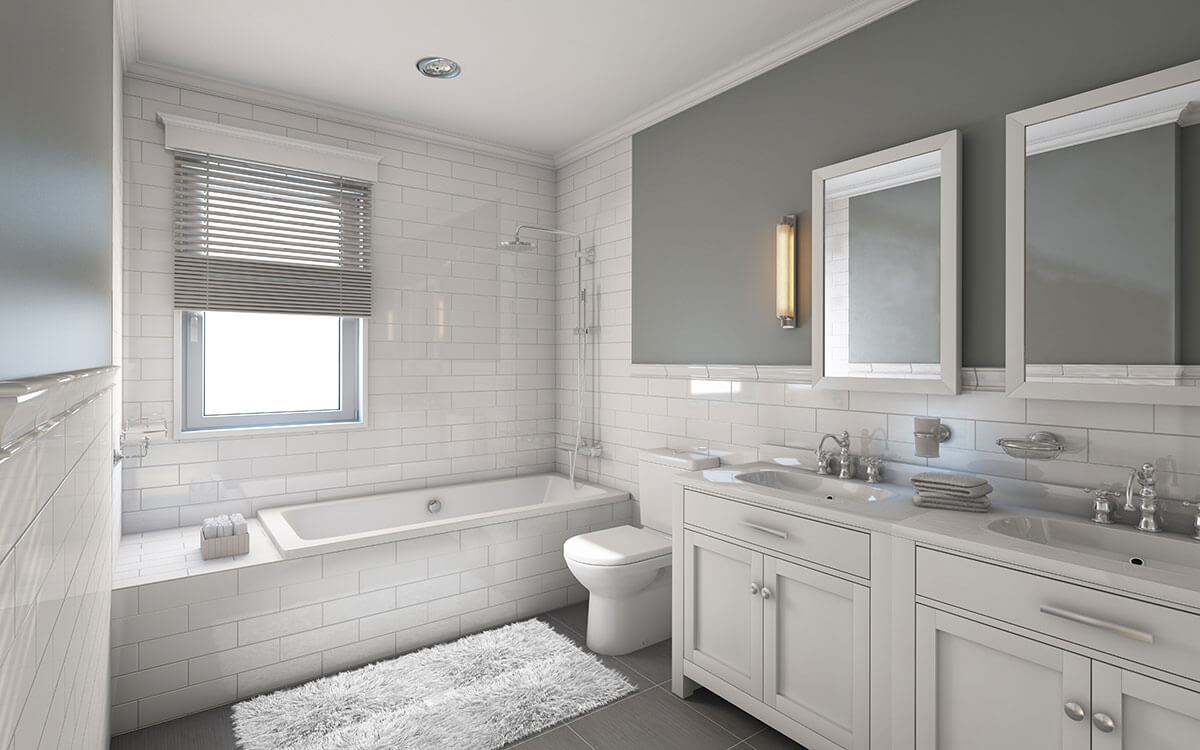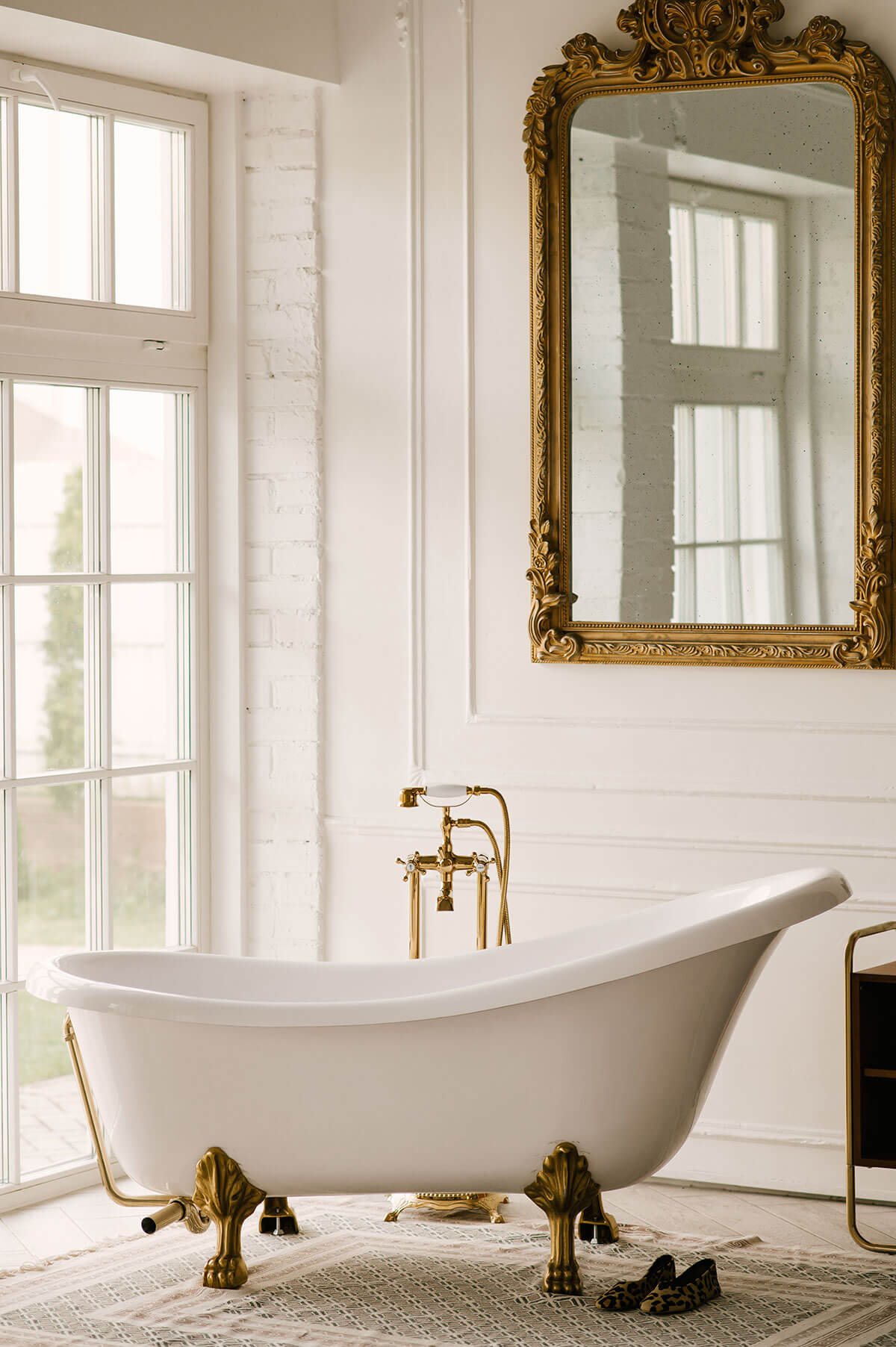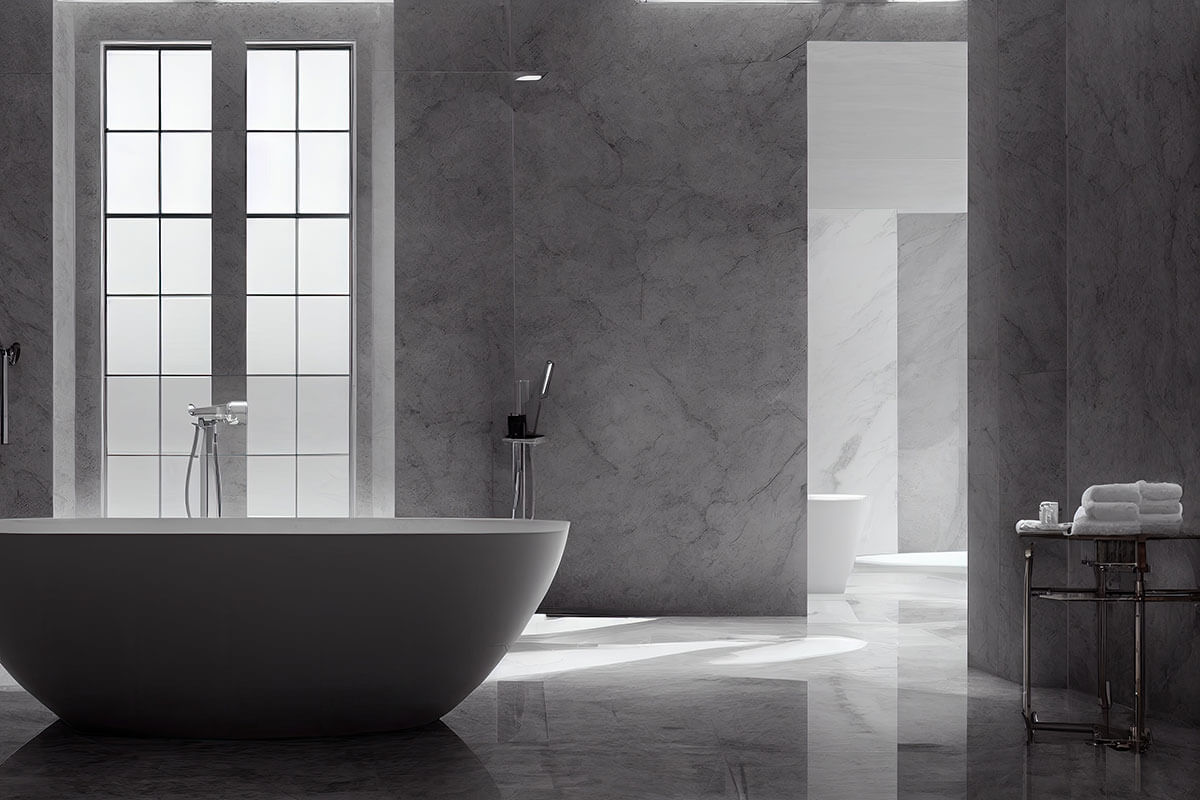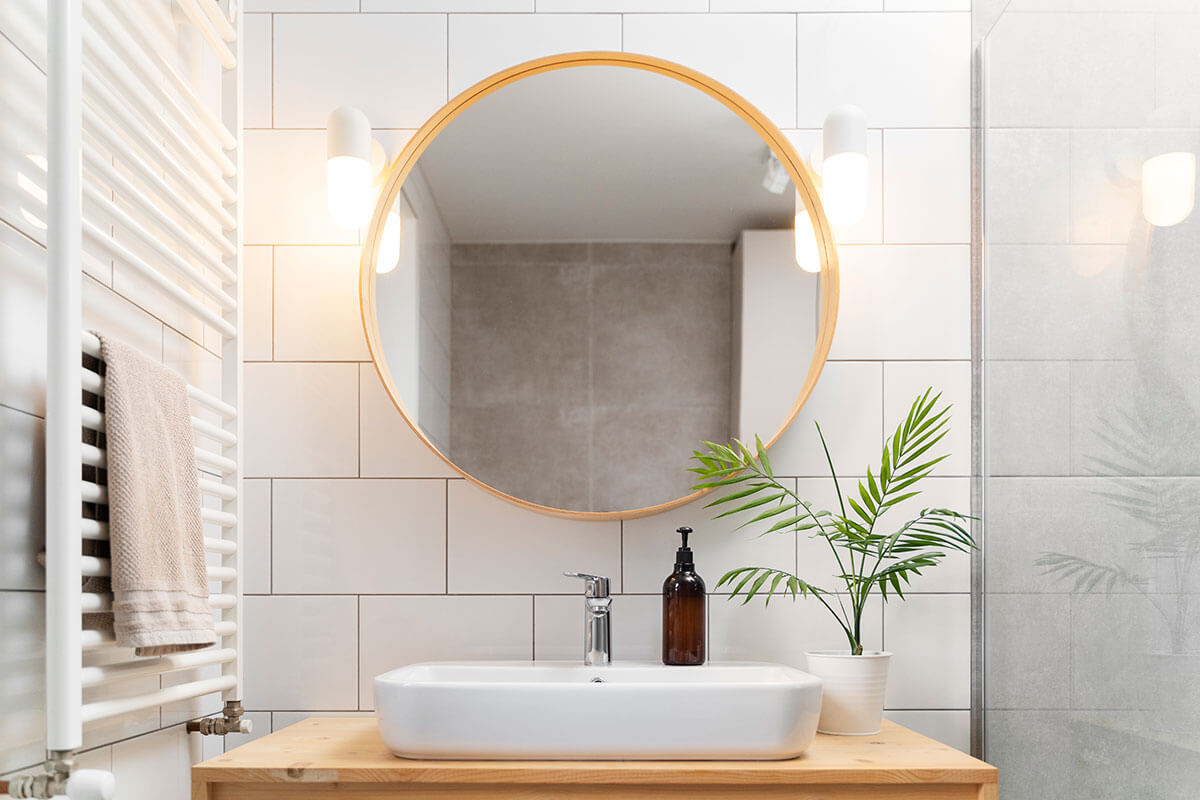What comes first in bathroom renovation?
Planning and Budget
The first step in a bathroom renovation is to start with planning and creating a budget. By starting with planning and creating a budget, you lay the foundation for a successful bathroom renovation. This stage involves working closely with a contractor to develop a detailed plan that includes a timeline, material list, and cost breakdown. It’s essential to have a clear understanding of your goals and budget constraints before moving forward.
Demolition
Once the planning stage is complete, the next step is demolition. This involves removing any fixtures or materials that will be replaced, such as old showers or tubs, flooring, and wall coverings.
Plumbing and Electrical Work
After demolition comes the plumbing and electrical work. This step may require adjustments to accommodate new fixtures and layout changes. It’s crucial to hire a professional plumber and electrician for these tasks to ensure that all the necessary connections and wiring are done correctly and up to code.
Walls and Flooring
Once the plumbing and electrical work is completed, the next step is the walls and flooring. During this stage, bathroom renovators repair any damaged walls and install new drywall or cement board if necessary. After that, it’s time to choose and install new flooring. Whether you opt for tiles, hardwood, or vinyl, ensure that the flooring materials are both practical and visually appealing.
Fixtures
With the walls and flooring in place, it’s time to focus on installing new fixtures such as sinks, toilets, showers, and bathtubs. Once the fixtures are installed, your professional renovators will thoroughly clean and seal all the surfaces to ensure their longevity and maintain their aesthetic appeal.
Finishing Touches
After the fixtures are in place, it’s time to add the finishing touches that will give your renovated bathroom the wow factor. This includes painting the walls, installing mirrors, lighting fixtures, towel racks, and other accessories that complement your chosen aesthetic.
Finally, before considering your bathroom renovation complete, don’t forget to conduct a thorough inspection to ensure everything is functioning properly and there are no leaks or issues that need addressing. This step is crucial to avoid any surprises in the future and ensure that your renovated bathroom meets your expectations and stays in excellent condition for years to come.
When it comes to starting a bathroom renovation, it’s essential to have a well-thought-out plan. Begin by assessing your needs and budget. Consider the features you want to include, such as a shower or bathtub, vanity, storage options, and any specific design elements you desire.
The first step is to hire professionals. Bathroom renovations experts will ensure that all connections are safe, up to code, and properly installed. This will give you peace of mind knowing that the foundational aspects of your renovated bathroom are in expert hands.

How do I ensure for a hassle-free bathroom renovation?
To ensure a hassle-free bathroom renovation, there are a few key steps you can take:
- Plan and research: Before starting any renovation project, it’s important to plan and research thoroughly. This includes determining your budget, gathering design inspiration, and making a detailed list of the features and materials you want for your new bathroom.
- Hire a reputable contractor: Finding a reliable and experienced contractor is crucial for a smooth renovation process. Take the time to interview multiple contractors, ask for references, and review their portfolios. Look for someone who has expertise in bathroom renovations and has positive reviews from past clients who have had similar projects done.
- Communicate clearly: Once you have hired a contractor, ensure that you communicate your expectations and requirements clearly. Discuss the timeline, budget, and any specific design preferences you have. Regular communication with your contractor will help address any issues or changes that may arise during the renovation.
- Set a realistic timeline: Renovations can often take longer than expected, so it’s important to set a realistic timeline from the beginning. Work with your contractor to create a schedule that includes milestones and deadlines for each phase of the project.
- Prepare for unexpected costs: While it’s important to have a budget in mind, it’s equally crucial to prepare for unexpected costs that may arise during the renovation process. This could include unforeseen structural issues, plumbing or electrical problems, or even changes in design preferences along the way. By setting aside a contingency fund, you can ensure that you are financially prepared to handle any unexpected expenses that may come up.
- Stay organized: Keeping track of all the details and paperwork related to your renovation will help minimize potential confusion or delays. Make sure to keep copies of contracts, invoices, and permits, as well as any design plans and materials specifications. Create a folder or binder to keep everything organized and easily accessible. This will not only help you stay on top of the project but also provide a record for future reference.
- Plan for alternative bathroom arrangements: During the renovation, your bathroom may be unusable for a period of time. It’s important to plan ahead and make arrangements for alternative bathroom facilities. This could include using a neighbour’s bathroom, renting portable toilets, or staying with friends or family temporarily. Ensuring that you have access to basic necessities like water and toiletries will make the process more manageable.




